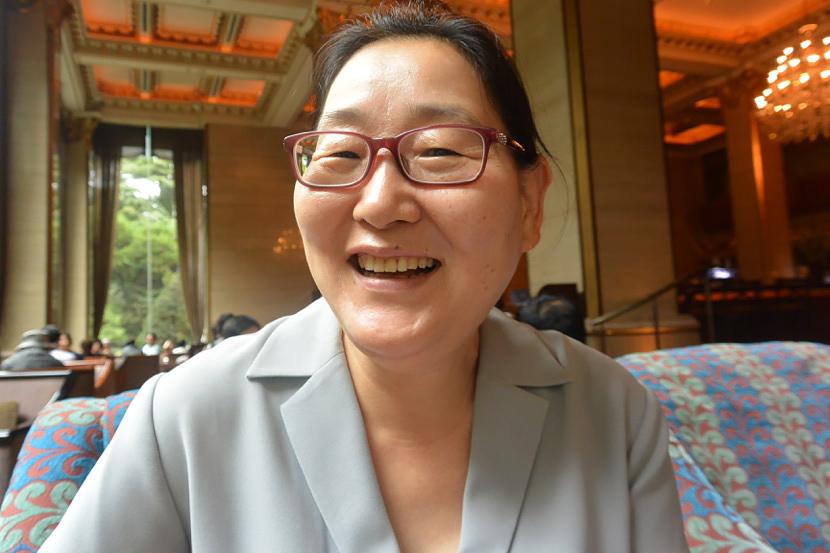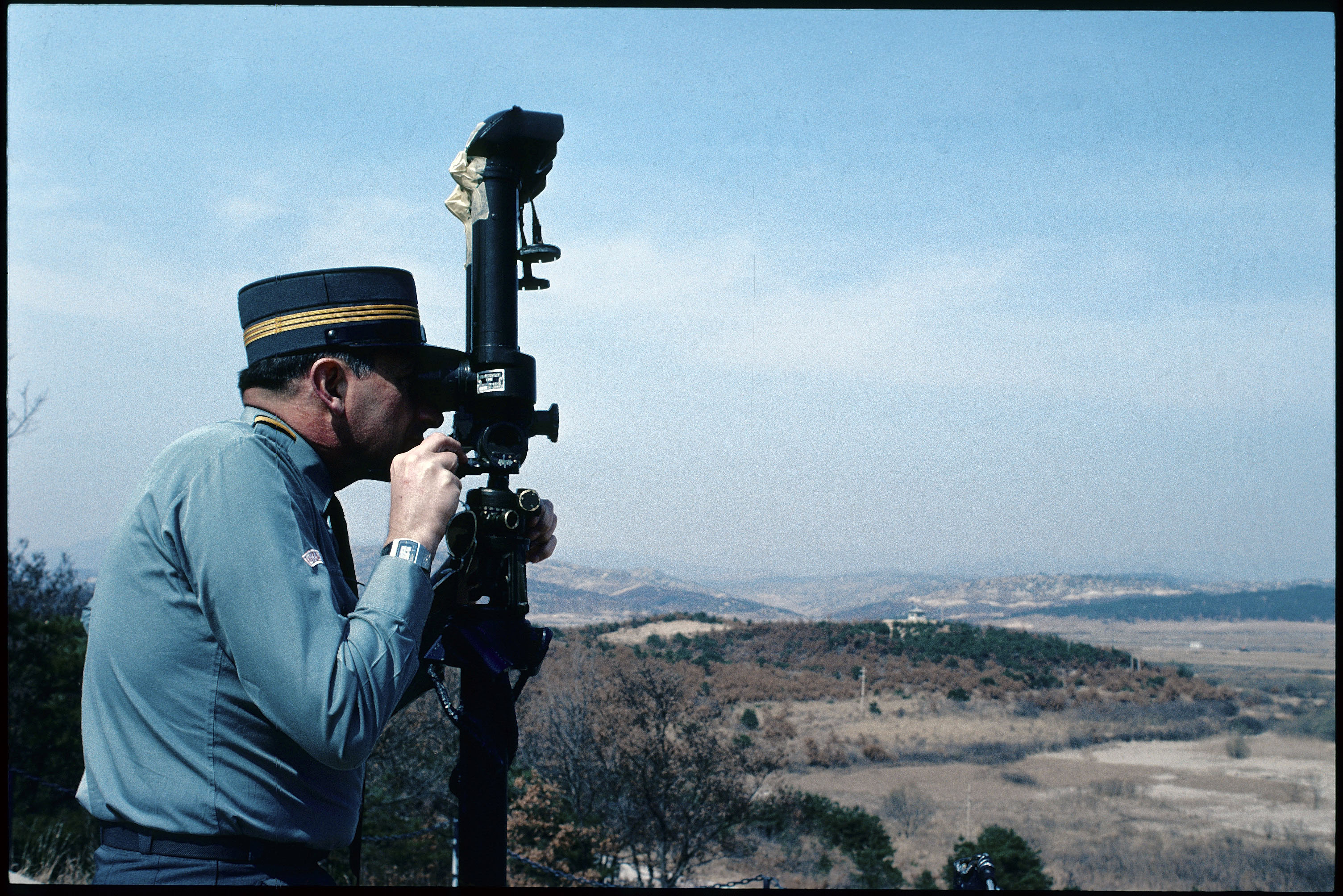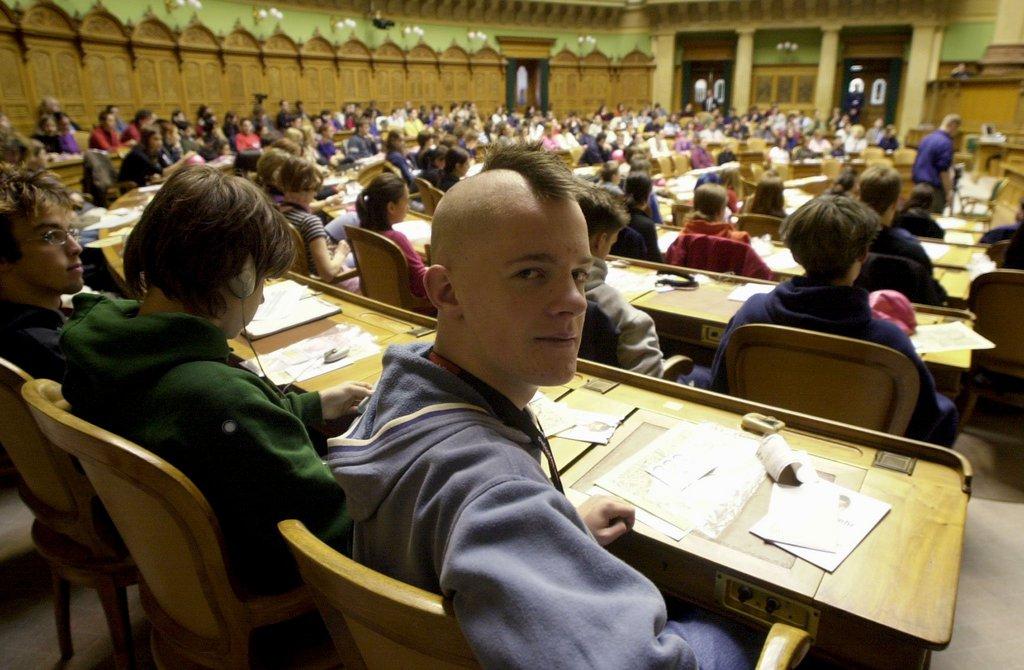Jung-ok Lee

Bruno Kaufmann: More than 60 years after the Korean War and your country is still divided. Has this had any negative effects on the development of democracy in South Korea?
Jung-ok Lee: I am sure it did at the beginning, when reckless military rulers governed this country until the first free elections took place in 1987. There was a growing resistance movement against this suppression and that actually formed a solid basis for a rapid and positive development over the past 25 years.
B.K.: What do you think are the most impressive achievements in South Korean democracy, which is still in its infancy?
J.O.L.: Our institutions. Through legislation, we have managed to create solid cross-party institutions, such as an independent electoral body, a human rights court as well as foundations for examining the consequences of the dictatorship and promoting democracy. The times are definitely over when it was dangerous to be politically active in South Korea.
B.K.: Do you think this process can actually be further strengthened?
J.O.L.: After the era of Japanese colonialism, there is one thing we have learnt in this country, which is to show resistance and not to participate.
In our modern and open society, this is no longer enough. For this reason, the Swiss model of direct democracy has encouraged many Koreans to ‘dare more democracy’.
Translated from German by Billi Bierling

In compliance with the JTI standards
More: SWI swissinfo.ch certified by the Journalism Trust Initiative











You can find an overview of ongoing debates with our journalists here . Please join us!
If you want to start a conversation about a topic raised in this article or want to report factual errors, email us at english@swissinfo.ch.